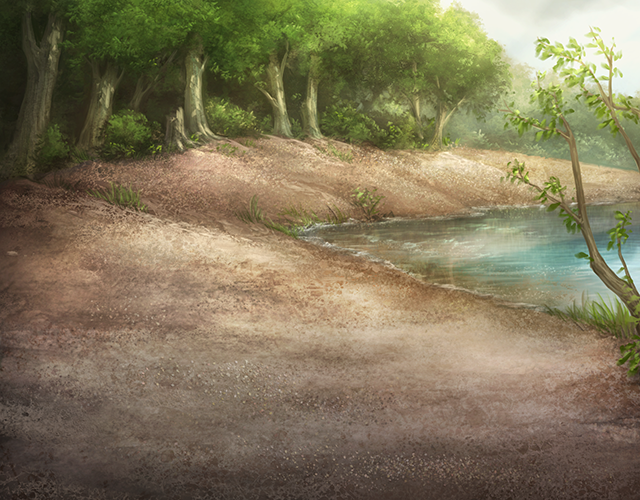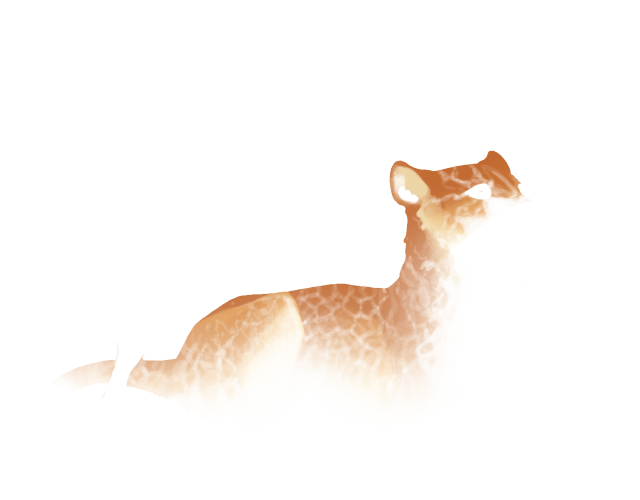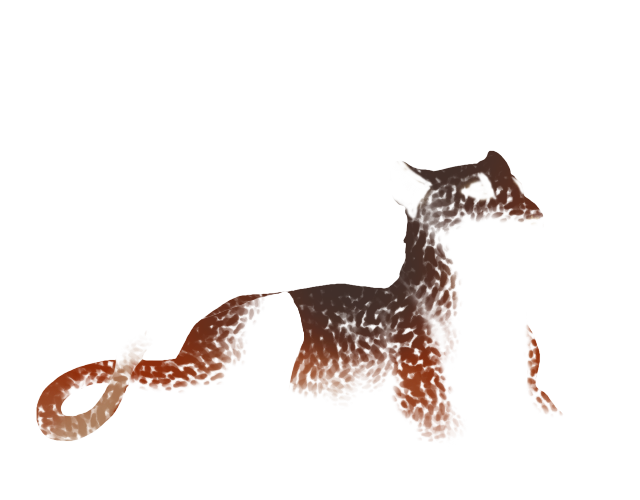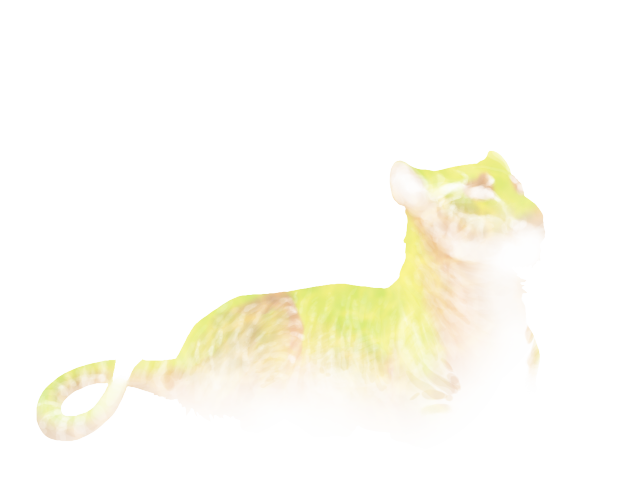Umbra 🌙
"Ebony/Clean "
 |
 |
This lioness will come into heat in 8 days.
| Lion Stats | |||
| Experience |
2327 / 11000 (21%)
|
||
| Level | 11 | ||
| Strength | 23 | Speed | 30 |
| Stamina | 28 | Smarts | 24 |
| Agility | 24 | Skill | 34 |
| Total Stats: | 163 | ||
| Lion Currents | |
|---|---|
| Age | 8 years, 2 months old |
| Hunger |
0%
|
| Mood |
100%
|
| Sex | Female |
| Pose | Default |
| Personality | |
| Breeding Info | ||||
|---|---|---|---|---|
| Father | Novel the Clever (Deceased) | Mother | Verona (Deceased) | View Full Heritage |
| Last Bred | More than 20 days ago | Fertility | Very Low | View All Cubs Bred (1) |
| Appearance | Markings | |
|---|---|---|
| Base | Ebony (Black Skin) |
Slot 1: Kimanjano Crackle (50%) Tier 5 Slot 3: Feline 2 Black (58%) Tier 2 Slot 6: Arctic Carving (95%) Tier 3 Slot 7: Black Saddle (78%) Tier 1 Slot 8: Auburn Squabble (100%) Tier 3 Slot 10: Citron Brindle (85%) Tier 3 |
| Genetics | Black Dark Solid Rare | |
| Eyes | White | |
| Mane Type | Normal | |
| Mane Color | Penumbra | |
| Mutation | None | |
| Marking Slots | ||
| Lifetime Hunting Results | |||||
|---|---|---|---|---|---|
| Total Hunts | 91 | Successful Hunts | 91 | Success Rate | 100% |
Memory Used: 694.76 KB - Queries: 63 - Query Time: 0.01550 - Total Time: 0.02101s













